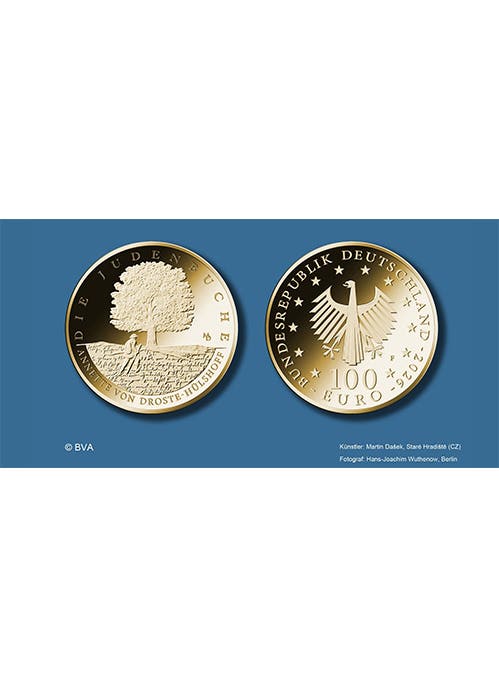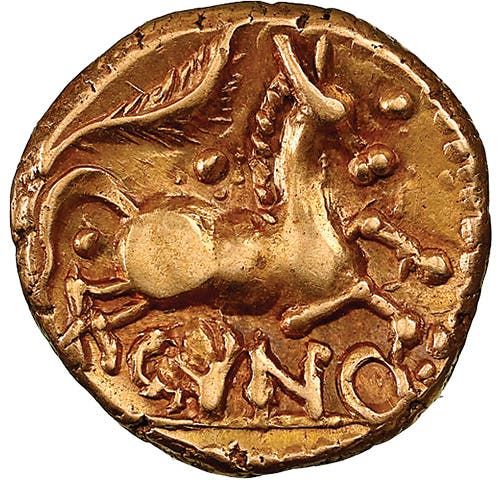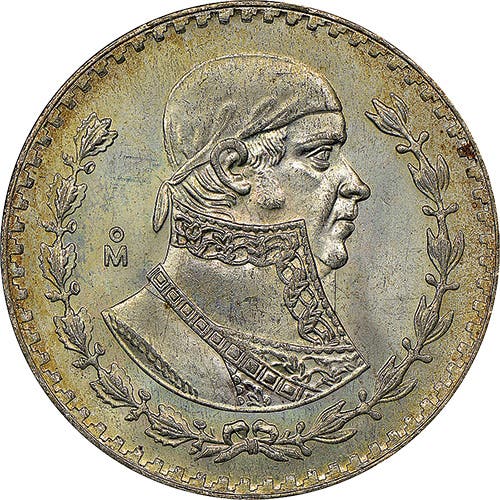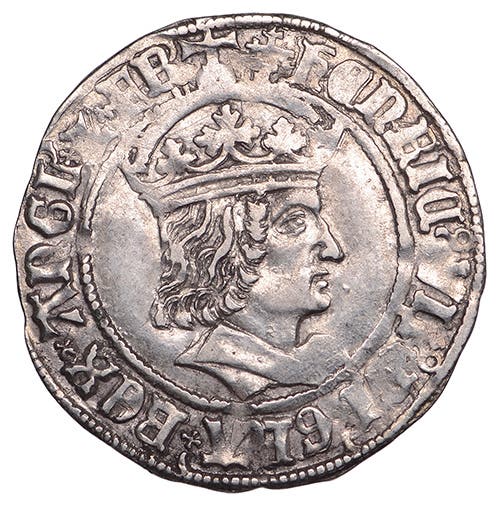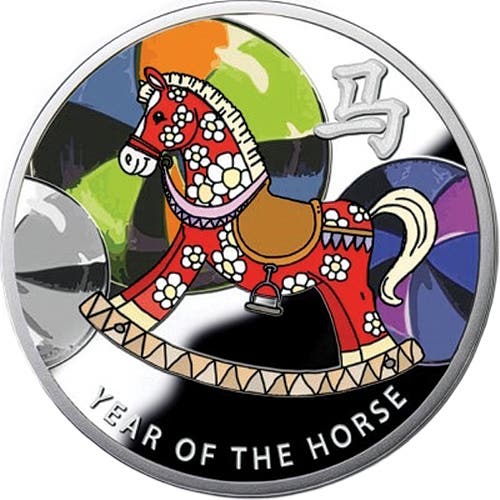Chinese Coins are Legal Tender
As low denomination coins begin to vanish in the West, one woman in China proves they’re still worth their weight—one jiao at a time.
Australia, Great Britain, and the United States are among the countries that have methodically withdrawn their lowest-denomination coins from circulation. The slow drumbeat of inflationary pressures is the main culprit. The cent no longer has purchasing power, and while these same countries are reluctant to introduce higher denomination bank notes, once again, inflation shows this should be taking place.
The ironic part is that inflation doesn’t need to end the use of coins in so many countries. A woman known as Pi in the Shandong Province of China has single-handedly awakened the Chinese central bank to the fact that coinage remains a viable physical currency. Even in the wake of global inflation, coinage is real money and should be dealt with accordingly.
Electrical power to Pi’s apartment was shut off on March 11 after her residential community’s property management company told her she must pay outstanding fees prior to settling her electricity bill. Pi paid her outstanding fee using 0.1- (1 jiao) and 0.5-yuan (5 jiao) coins totaling 650 yuan, or about $90. The bank gave Pi the coins in paper rolls; however, she took the coins out of the rolls before paying the property management company, forcing them to count the coins by hand.
The company at first refused to accept the coins but later capitulated once Pi threatened to involve the police. Pi said she did not pay this bill in time because she was not satisfied with their property management services.
Pi was following a similar situation that took place in 2022 in Hunan Province. A company attempted to pay a worker his 10,000-yuan salary entirely in coins. Court staff spent hours counting the coins, after which the court fined the company an additional 5,000 yuan for wasting judicial resources.
Henan Zejin Law Firm legal expert Fu Jian has pointed out that Pi’s payment in coins is not illegal, even though it is not entirely reasonable any more than the Hunan case three years earlier. The key point to this is that all coins are still legal tender in China and, for that reason, must be accepted as payment by businesses regardless of their face value. Jian’s legal opinion was also based partially on the property management company having violated Pi’s rights when they cut off her electricity to coerce her to pay what was in dispute.
Regarding currency, China is moving in two directions. The country has chosen to ignore the challenges of physical cash due to inflation. China still circulates coins in renminbi denominations of ¥0.01, ¥0.02, ¥0.05, ¥0.1, ¥0.5, and ¥1 in addition to bank notes in denominations of ¥0.1, ¥0.2, ¥0.5, ¥1, ¥2, ¥5, ¥10, ¥20, ¥50, and ¥100. A 100-yuan (¥100) bank note has an exchange value of about $13.78. This also means the lowly ¥0.01 coin has an exchange value of 0.0014 U.S. cents. The coin circulates and is available at Chinese banks.
The question lingers: why can China still find coins of so little purchasing power to be viable while in other countries, such coins have been discontinued or are refused by merchants? For example, on March 28, The Spirit newspaper reported the Upper East Side Manhattan restaurant Rosa Mexicano as giving a dollar in change back when an $18.50 purchase was made with a $20 note. The waitress reportedly told the patron, “We don’t do coins.” (According to the New York City Department of Consumer and Worker Protection website, establishments are prohibited from refusing to accept cash but say nothing about making change.)
In 2016, China began replacing some bank notes with coins, then issuing 1- and 5-jiao (0.01 and 0.05 yuan) coins. Due to the inexpensive metal composition, the coins remain viable, even when their purchasing power is diminutive. Perhaps Pi’s method of payment was annoying, but in China, physical currency remains the dominant means of payment. Maybe New York restaurants could take a lesson from China?
You may also like:




